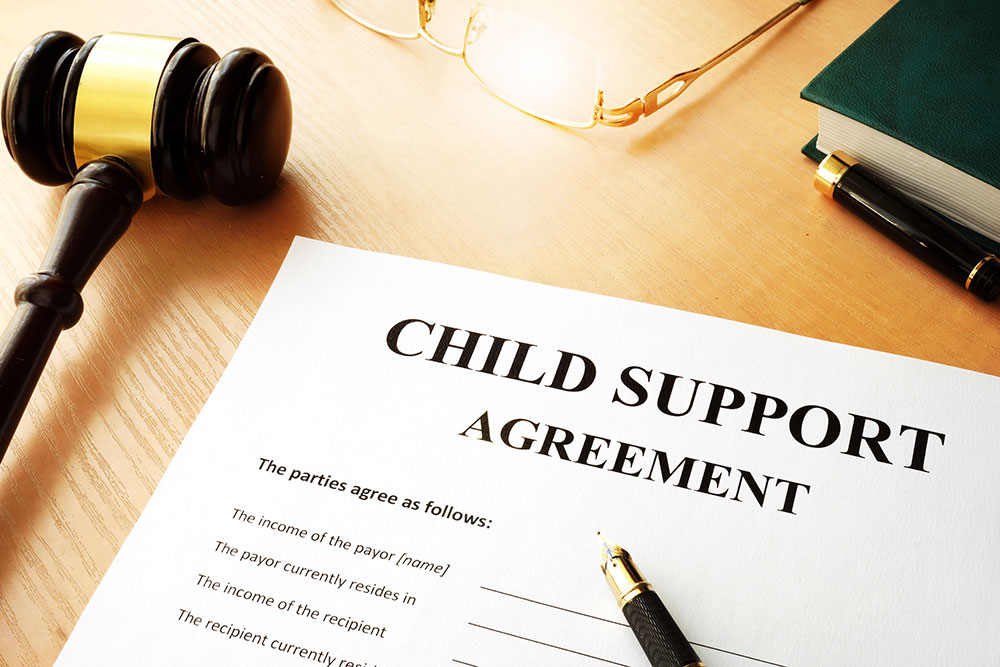Child Support
Will I receive or pay child support?
In New Jersey, since 1986, child support is computed in accordance with the Child Support Guidelines in the vast majority of cases. The Guidelines apply to initial support determinations, as well as to subsequent requests for upward or downward modification. Nevertheless, where unique circumstances are presented in a matter, or where the parents’ combined incomes falls outside the parameters encompassed within the Guidelines, the Court is not only free, but in fact should, make appropriate adjustments to any base Guidelines award. Benish vs. Benish. The factors which merit consideration in such cases include the following:
- needs of the child
- standard of living and economic circumstances of each parent
- all sources of income and assets of each parent
- earning ability of each parent
- need and capacity of the child for education
- age and health of each parent and child
- income, assets and earning ability of the child
- the responsibility of the parent for court-ordered support of others
- reasonable debts and liabilities of each parent and child
- any other factors the court deems relevant and just
New Jersey law generally requires both biological and adoptive parents to support a child until:
- The child reaches the age of majority (support may be required for a longer period if the child has special needs or is in college, attending a full-time course of instruction)
- The child goes on active military duty
- The child is declared emancipated by a court
- Parental rights and responsibilities are terminated
If a parent falls behind on his or her child support payments, the matter may be addressed in an enforcement hearing where the parent will be given an opportunity to explain why he or she has not kept up with the court-ordered payment schedule. If that parent still does not pay, steps to enforce the order will be taken. These may include garnishing wages, seizing tax refunds, or lottery winnings. These may also seizure of assets, such as insurance proceeds, cars, or real estate.
PARENTS’ OBLIGATION TO CONTRIBUTE TO COLLEGE COSTS AS PART OF CHILD SUPPORT
Moreover, in appropriate cases, depending on the analysis of 12 different factors, parents are obligated to contribute towards the cost of their children’s college education. Newburg vs. Arrigo. In addition, a child’s college attendance may well impact a parent’s independent obligation to pay child support. Jacoby vs. Jacoby.
CHILD SUPPORT MODIFICATION APPLICATIONS
Modifications of child support awards may be appropriate when the parties’ financial circumstances change, the paying parent incurs obligations to support other dependents, the parent’s time with the child increases or decreases, there is a qualifying change in the child’s residence, or the child is emancipated.

Contact Popescu Law Group
Whether you need legal advice or a trial attorney with extensive courtroom experience, Popescu Law Group is here to help. Contact us and we will be in touch to bring your legal success one step closer to fruition.
